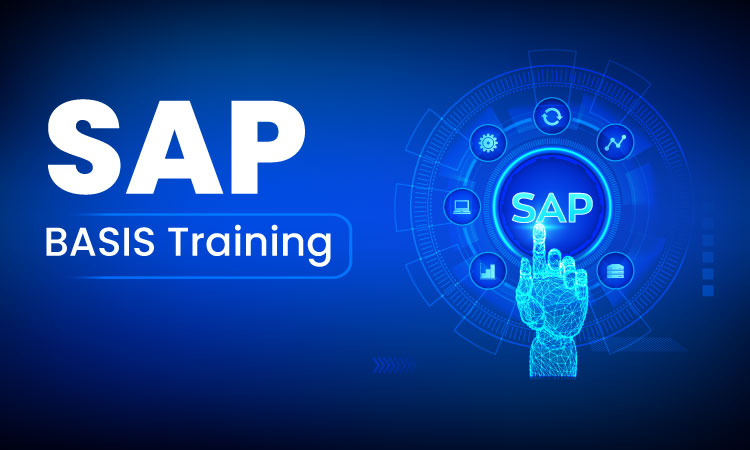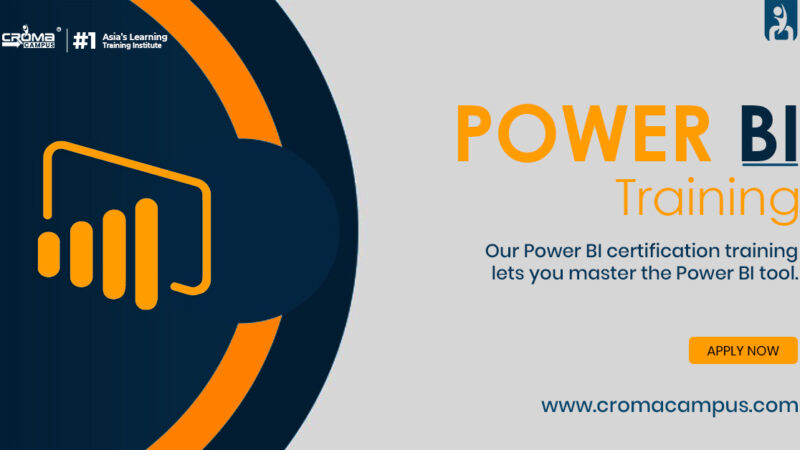SAP BASIS Administration: Best Practices And Techniques

Table of Contents
Introduction
In the field of enterprise resource planning (ERP) systems, SAP (Systems, Applications, and Products) stands out as a powerhouse. Hence, providing comprehensive solutions for businesses worldwide. At the core of managing SAP landscapes lies BASIS administration, a crucial function ensuring the smooth operation and optimal performance of SAP environments. Moreover, SAP BASIS forms the technical foundation for various SAP applications. So, it encompasses a wide array of tasks, including system installation and configuration, user management, performance tuning, and system monitoring. Further, effective BASIS administration is vital for ensuring system stability, security, and performance. Thus, enabling seamless business operations. However, SAP BASIS Online Training enables you to enter this domain.
Best Practices for SAP BASIS Administration
- Comprehensive Planning and Documentation: Before initiating any administrative task. It is essential to have a well-defined plan in place. Further, documenting system configurations, procedures, and changes facilitates better transparency, troubleshooting, and knowledge transfer within the BASIS team.
- Regular System Monitoring: Proactive monitoring of SAP systems helps identify potential issues before they escalate into critical problems. Moreover, monitoring tools such as SAP Solution Manager offer real-time insights into system performance, resource utilization, and health status.
- Patch Management and System Upgrades: Keeping SAP systems up-to-date with the latest patches and upgrades is crucial for security and stability. So, establish a regular patching schedule and test patches in a sandbox environment before applying them to production systems to mitigate risks. Join SAP BASIS Online Training.
- User and Authorization Management: Implement robust user access controls to prevent unauthorized access and data breaches. Therefore, regularly review user roles and authorizations to ensure compliance with security policies and regulatory requirements.
- Backup and Disaster Recovery: Develop a robust backup and disaster recovery strategy to protect critical data and ensure business continuity. However, regularly test backup and recovery procedures to verify their effectiveness in restoring systems in the event of a disaster.
- Performance Optimization: Monitor system performance metrics such as response time, throughput, and resource utilization to identify performance bottlenecks. So, implement tuning techniques such as database optimization, memory management, and workload distribution to optimize system performance.
- High Availability and Failover: Configure SAP systems for high availability to minimize downtime and ensure uninterrupted access to critical business processes. Further, implement clustering, load balancing, and failover mechanisms to achieve high levels of system availability.
- Security Hardening: Harden SAP systems against security threats by implementing security best practices. Such as disabling unnecessary services, applying encryption, and enforcing strong password policies. Additionally, regularly perform security assessments and audits to identify and remediate vulnerabilities.
- Documentation and Knowledge Sharing: Maintain comprehensive documentation of system configurations, procedures, and troubleshooting steps. Also, encourage knowledge sharing within the BASIS team through regular training sessions, peer reviews, and collaboration tools.
- Stay Updated with SAP Innovations: Keep abreast of the latest SAP innovations, updates, and best practices through continuous learning and professional development. Use online resources, SAP community forums, and training programs to stay ahead of emerging trends and technologies.
Advanced Techniques for SAP BASIS Administration
- SAP HANA Administration: Gain expertise in SAP HANA administration to leverage the power of in-memory computing for faster analytics and real-time processing. Also, master tasks such as database administration, backup and recovery, and performance optimization specific to SAP HANA environments.
- Cloud Migration and Management: Develop skills in cloud technologies and migration techniques to migrate SAP systems to the cloud efficiently. furthermore, explore cloud platforms such as AWS, Azure, and Google Cloud Platform and learn how to deploy, manage, and optimize SAP landscapes in the cloud.
- SAP Fiori Administration: Familiarize yourself with SAP Fiori administration to provide users with intuitive, role-based access to SAP applications via web and mobile interfaces. Learn how to configure and customize Fiori apps, manage user roles, and ensure seamless integration with backend SAP systems.
- SAP Landscape Virtualization Management (LVM): Harness the power of SAP LVM to streamline SAP landscape management tasks such as system provisioning, cloning, and monitoring. Moreover, learned how to automate routine administrative tasks and optimize resource utilization across SAP landscapes.
- DevOps Integration: Embrace DevOps principles and practices to accelerate the delivery of SAP changes while maintaining system stability and reliability. Additionally, implement CI/CD pipelines, version control, and automated testing frameworks to achieve continuous delivery and deployment of SAP applications.
Conclusion
Mastering SAP BASIS administration requires a combination of technical expertise, best practices, and continuous learning. However, a question must strike everyone’s mind “Is SAP Basis A Good Career“? The answer to this question lies in the benefits SAP BASIS provides if one has learned all the skills of this domain. Hence, by following the best practices outlined in this article and exploring advanced techniques such as SAP HANA administration, cloud migration, and DevOps integration, BASIS administrators can effectively manage SAP landscapes. Additionally, it helps to ensure system stability and support the evolving needs of their organizations in today’s dynamic business environment.





